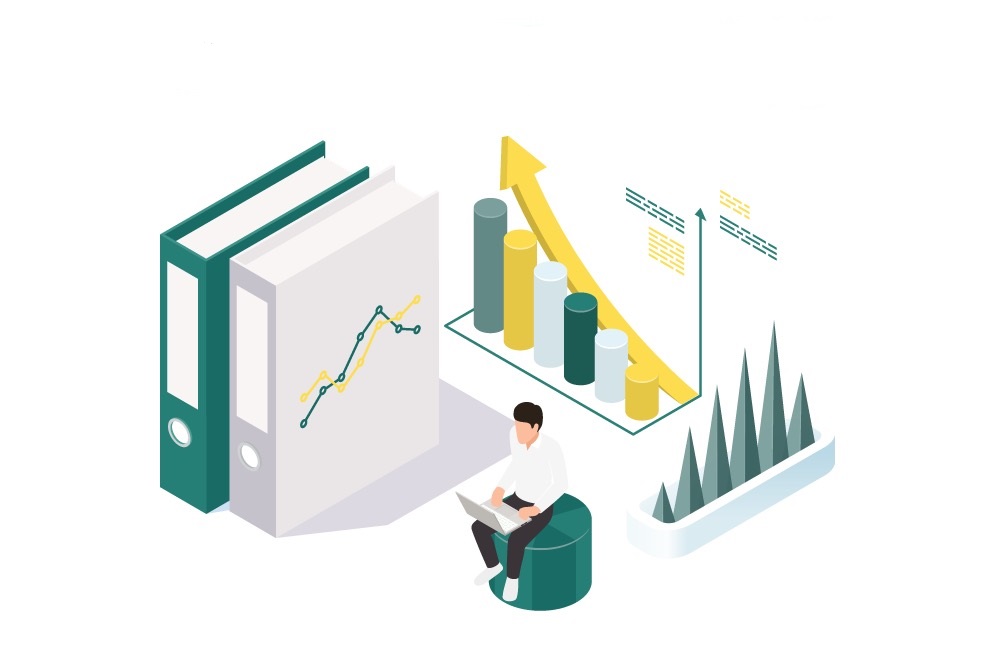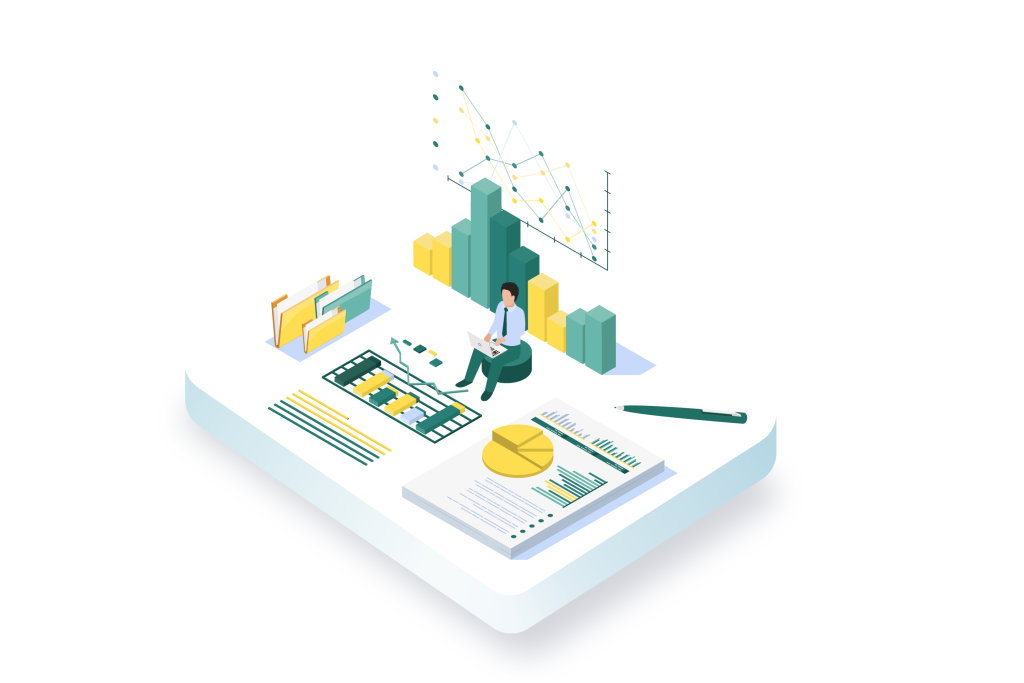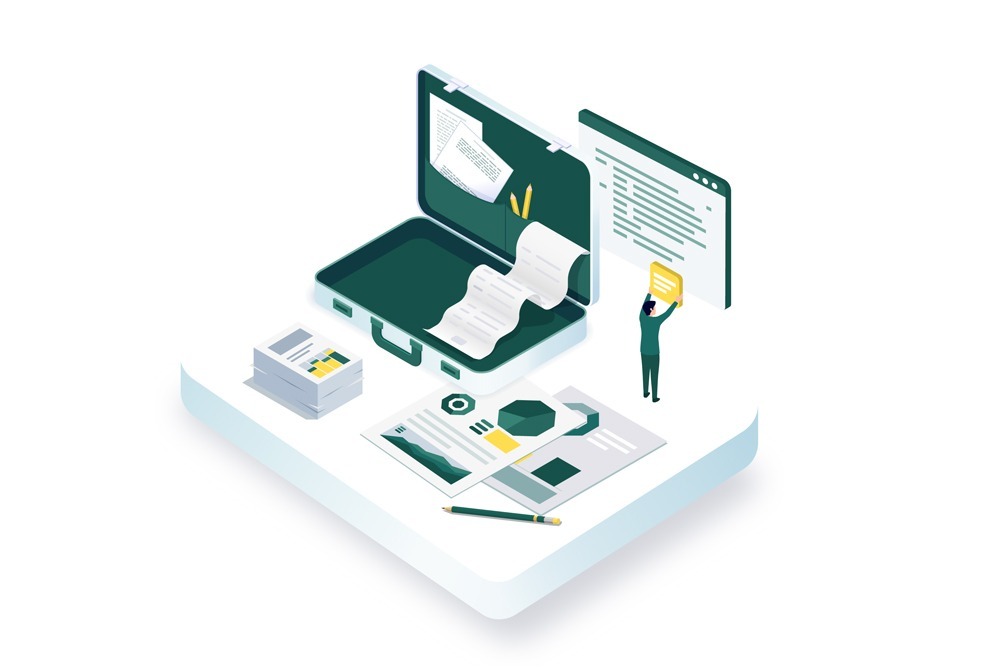
The accounting profession has many opportunities. However, many people who want to be accountants ask: can you be an accountant without a CPA? Many people view the CPA (Certified Public Accountant) title as the best in accounting. However, not all accountants seek this certification.
In this article, we will look at what the CPA is. We will also discuss how to get it. Finally, we will see if it is necessary for a successful accounting career.
What is CPA?
A CPA stands for Certified Public Accountant. It’s a professional license for accountants. Think of it like a badge that shows someone has advanced knowledge and skills in accounting.
To earn the title of Certified Public Accountant, individuals need to pass a special exam. They also need to meet education and work experience requirements.
A CPA can do tasks like auditing financial statements, preparing tax returns, and giving financial advice. Not every accountant is a CPA, but those who are usually handle bigger responsibilities.
In short, a CPA is someone who proves they’re highly trained and qualified to work in accounting.
How to Get CPA?
To become a CPA, you need to follow these steps:
- Get a Bachelor’s Degree: Start with a degree in accounting or a related field. You need the right number of credit hours to qualify.
- Pass the CPA Exam: The CPA exam is challenging, but a CPA academy can help you prepare. They offer study guides, practice tests, and courses to support you.
- Gain Work Experience: You need supervised accounting experience under a licensed CPA. This hands-on training is important.
- Apply for Your CPA License: Once you pass the exam and meet the experience requirements, you can apply for your license.
If you’re not ready for the CPA path, here are some alternatives:
- CMA (Certified Management Accountant): Focuses on financial management and strategy.
- EA (Enrolled Agent): Specializes in tax accounting and representation.
Getting a CPA requires dedication, but the steps are straightforward. Many accountants find it a rewarding achievement.
CPA Certification Requirements
To earn a CPA certification, you need to meet a few important requirements. Here’s a simple breakdown:
- Educational Requirements: You need a bachelor’s degree in accounting or a related subject. Most states require 150 credit hours of coursework.
- Work Experience: You must gain supervised work experience under a licensed CPA. Usually, this takes one to two years.
- CPA Examination: You need to pass the CPA exam. It includes four sections that test your accounting knowledge and skills.
- State-Specific Rules: Some states might have extra requirements, like ethics exams or residency rules.
The CPA certification process takes time and effort, but it helps accountants prove their expertise.
Do You Need a CPA to Use Accounting Software Like NetSuite or QuickBooks?
No, you don’t need a CPA to use accounting software like NetSuite or QuickBooks. Designers create these tools to be user-friendly, allowing many people to learn them with practice or training.
Businesses often use NetSuite ERP for their financial management, inventory management, and other operations. It’s a powerful system, but you do not need to be a CPA to navigate it.
Similarly, QuickBooks is popular for small businesses and freelancers. Many users without a CPA handle their day-to-day accounting tasks using this software.
That said, having a CPA can help. A CPA understands complex accounting rules and can make better use of these tools. They might find errors, create reports, and manage taxes more efficiently.
If you’re not a CPA, you can still learn accounting software through online courses or practice. These tools help both beginners and experts.
In short, while a CPA can add value, it’s not a requirement to use NetSuite or QuickBooks.
Benefits of CPA Certification for Accountants
Many benefits of CPA certification exist for accountants. Here’s why it’s worth pursuing:
- Better Career Opportunities: A CPA certification can lead to higher-level jobs and leadership roles.
- Higher Pay: CPAs often earn more than accountants without certification. It adds value to your skills.
- Increased Job Security: Businesses need certified professionals to handle audits, taxes, and complex financial work.
- Trust and Credibility: A CPA certification shows you’re reliable and skilled, which builds trust with employers and clients.
- More Responsibilities: CPAs can take on tasks like audits, financial planning, and tax management.
- Career Flexibility: CPAs can work in public accounting, private companies, government, or as independent consultants.
In short, the benefits of CPA certification include better jobs, higher pay, and exciting career options.
Careers in Accounting Without a CPA
You don’t need a CPA to build a successful career in accounting. Many accounting careers without a CPA offer good opportunities and growth.
- Bookkeeper: Bookkeepers handle daily financial records, like tracking expenses, income, and managing invoices. Many businesses rely on them.
- Accounts Payable/Receivable Clerk: These roles focus on managing payments, bills, and cash flow for businesses.
- Payroll Specialist: Payroll specialists ensure employees get paid correctly and on time. They also handle tax deductions.
- Tax Preparer: You can help individuals or small businesses file taxes without being a CPA. Tax knowledge is key.
- Financial Analyst: Analysts study financial data to help businesses make decisions. A CPA isn’t required for this role.
- Accounting Assistant: Assistants support accountants by organizing data, preparing reports, and handling smaller accounting tasks.
While a CPA can bring benefits, there are still plenty of accounting careers without a CPA. You can grow in these roles with experience, skills, and additional certifications.
Conclusion: Can You Be an Accountant Without a CPA?
Can you be an accountant without a CPA? Absolutely! A CPA can open more opportunities, but not all accounting jobs require it. Roles like bookkeeper, payroll specialist, or accounting assistant don’t need CPA certification.
Many successful accountants build careers with experience, skills, and other certifications. The choice depends on your career goals and personal interests.
For any accounting-related help, you can turn to Hundred MS. Whether it’s bookkeeping services, financial planning, or ERP support, we’re here to help.
Contact us today to learn how we can support your accounting needs.




